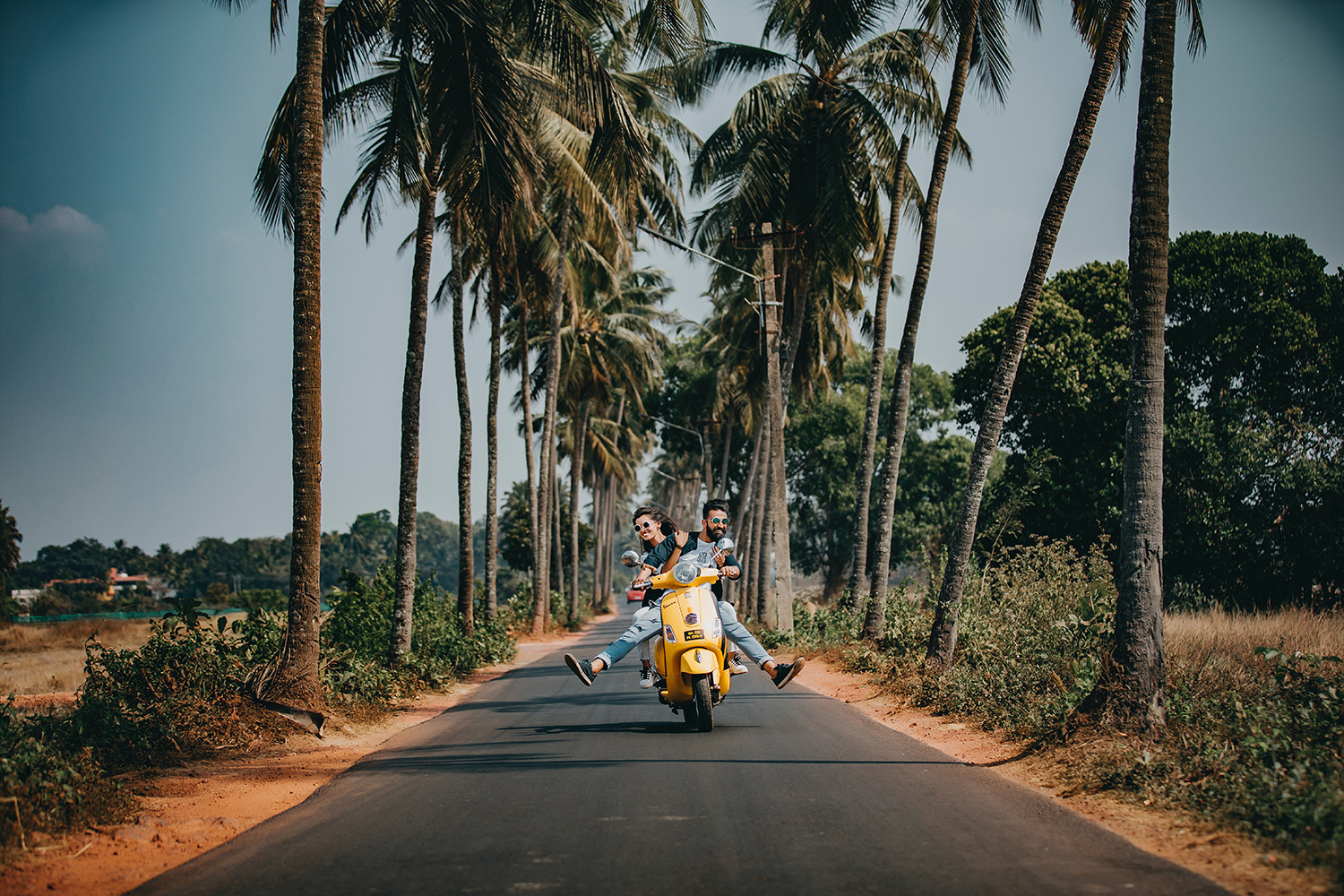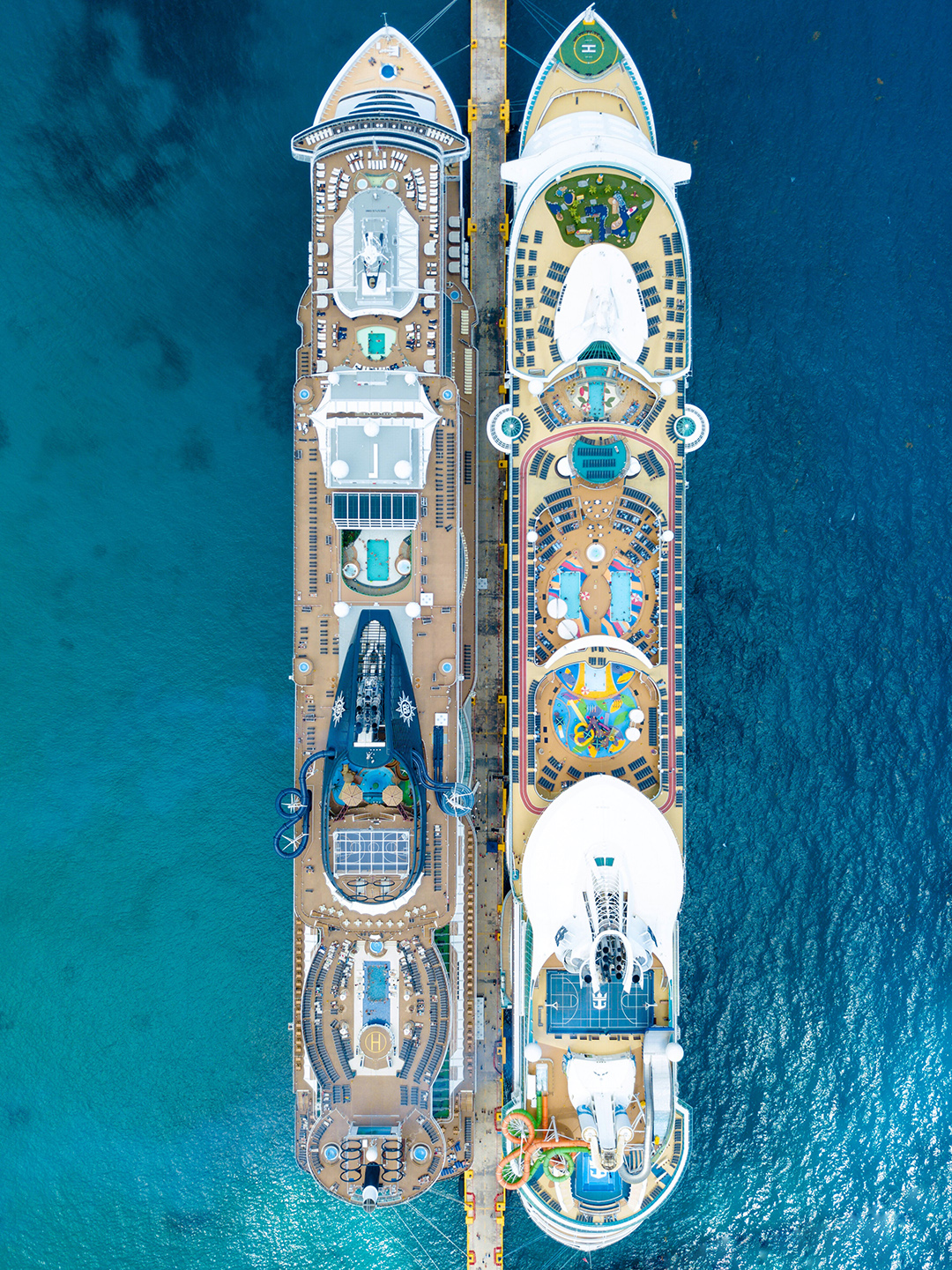Sustainable Tourism - A Promise Yet to Be Fulfilled
Making tourism sustainable – a challenge
Travelling is part of the modern way of life and is fun. Accordingly, more and more people are on the move to explore other cities, experience nature or simply take time out from everyday life. But travel and tourism consume many resources and are often accompanied by ecological and social side effects. Put simply, tourism often destroys what the traveller is actually looking for. How can this be changed?
Jochen Dallmer
Tourism contributes to about 10 per cent of global economic output worldwide and also causes about 10 per cent of global CO2 emissions.
Tourism is a huge business sector. Until the Covid pandemic, the industry grew by 4 per cent annually, with over 1.5 billion people travelling in 2019. Tourism contributes to about 10 per cent of global economic output worldwide and also causes about 10 per cent of global CO2 emissions. But tourism is also heavy on water-use, food-waste and many other issues of non-sustainability.
As part of the general effort to promote sustainable development, most players in the travel industry have now recognised that something needs to be done. Unsustainable development is putting tourism itself at risk, for example, as climate change destroys natural sites and affects people’s lives. At the same time, the demand from guests for more sustainable tourism offers is also growing, so business needs to move green, as the overall importance of the topic is increasing and travellers are becoming more aware. So far, concrete demand is still low, but it’s likely that this will soon change for the better.
How can tourism become more sustainable?
Currently, the travel industry is mainly working on making the existing model of tourism more ecologically sustainable. Every association, every network and almost every company has developed corresponding concepts and written promising declarations of intent. Thus, the topic is on the agenda, but very often it looks like concrete implementations are yet to come.
This is becoming increasingly urgent, because although there has been a number of innovative projects and many good examples so far, little has been done on a broad scale. Thus, the balance sheet so far is rather weak: Since 2010, the growth of the tourism industry as a whole has more than compensated for any attempts to save resources.
So far, the most popular approaches are those where it’s directly worthwhile for companies to operate more sustainably. This applies, for example, when energy or water is saved, because that is also good for the company’s own finances. We know this as guests at hotels: “Please use the towels for several days. This saves on water for the laundry – it’s good for the environment and the hotel budget.” In other areas, however, more sustainability is connected with investments or is more costly in the permanent operation, for example, when a hotel complex is ecologically modernised or social standards are raised, for example, better wages are to be paid to the locals. Here the development has been slow.
In the field of mass tourism, the greatest hope is based on new, green technologies. In its central paper on sustainability, the global industry association World Travel and Tourism Council (WTTC) holds out the prospect of a drastic reduction in CO2, but mainly from 2030 onwards. (1) By then, new technologies should ensure that flying is climate-neutral, cruise ships travel without exhaust fumes and other emissions can be offset. This implies a great deal of optimism and ignores many other areas. So, for the time being, it's business as usual, just a bit more sustainable.
Sustainable tourism – dreams, ambitions and reality
However, the business model itself is usually not up for discussion, and this leads to effects that can be described as 'greenwashing'. Certain parts are operated in a more sustainable way than before and thus advertised as sustainable. However, such approaches don’t stand up to critical scrutiny or even a simple look at the overall balance.
A vivid example of this is the cruise industry. Cruises are definitely not nearly sustainable and, due to the general conditions, can hardly be: huge ships consume enormous resources and, since many of the journeys take place in other parts of the world, cruises also involve travelling to and from the destination by plane. Even if the newest cruise ships are equipped with less climate-damaging propulsion (LNG), most of the about 300 big ships run on heavy oil and the overall environmental balance is simply devastating. (2)
Other holiday offers labelled as sustainable or responsible can be found in the catalogues of more upmarket travel agencies. They often come as exclusive long-distance trips: Hiking in the Himalayas or the Andes, cycling tours in Cuba, cultural tours through India in a fortnight. These trips might have some bits of responsible and conscious travelling as they offer special experiences in nature and culture. But they’re still not really sustainable if strict measures are applied as in terms of resources needed for a week or two of holidays.
Sustainable Tourism? We might have to travel different!
In order to really improve things, there needs to be a fundamental change in the way tourism is organised. If the aim of sustainability is taken seriously, the focus should be on travelling less, and especially on travelling far away less often. This applies especially to air travel and cruises. So, this is a simple guideline for journeys to faraway places: travel less often, but stay longer. By doing this, you’ll get a better impression of the place and really experience the country with its culture, climate and landscape. In the end, you might have a better travel experience and more rewarding holidays as well!
Travel different means also more holidays and travelling in your own country or region. A self-organised bicycle tour in your home country might provide more adventures and experiences than many package deals offered by your travel agent!
Developing sustainable tourism is a task for all of us who love to travel. Travelling has long been a privilege for a few people only. Now it’s easy and affordable – we have to find a good balance between how much tourism and in which forms we want and need!



